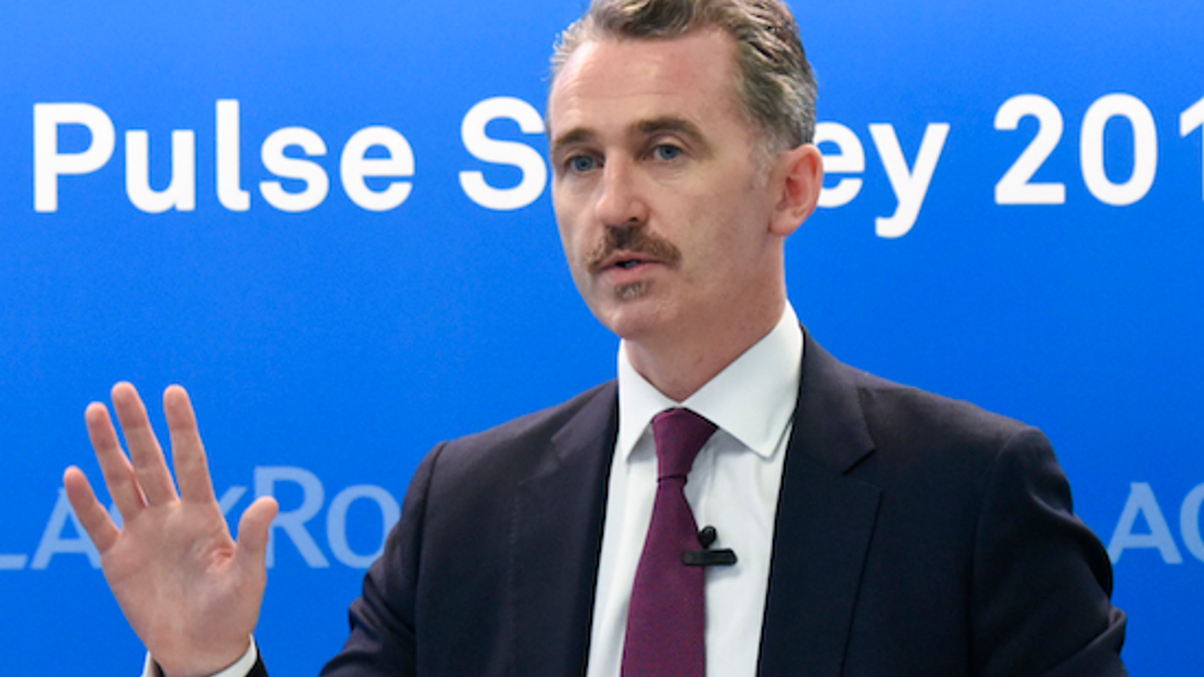HK investors unhappy with advisers: survey
Hong Kong-based investors are significantly less satisfied with their financial advisers than those elsewhere, and more are going online to do research, finds a BlackRock survey.

Hong Kong’s financial advisory industry has a long way to go to catch up with its global and Asian peers in terms of customer satisfaction, found a new survey conducted by BlackRock.*
Sign in to read on!
Registered users get 2 free articles in 30 days.
Subscribers have full unlimited access to AsianInvestor
Not signed up? New users get 2 free articles per month, plus a 7-day unlimited free trial.
¬ Haymarket Media Limited. All rights reserved.


